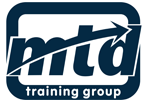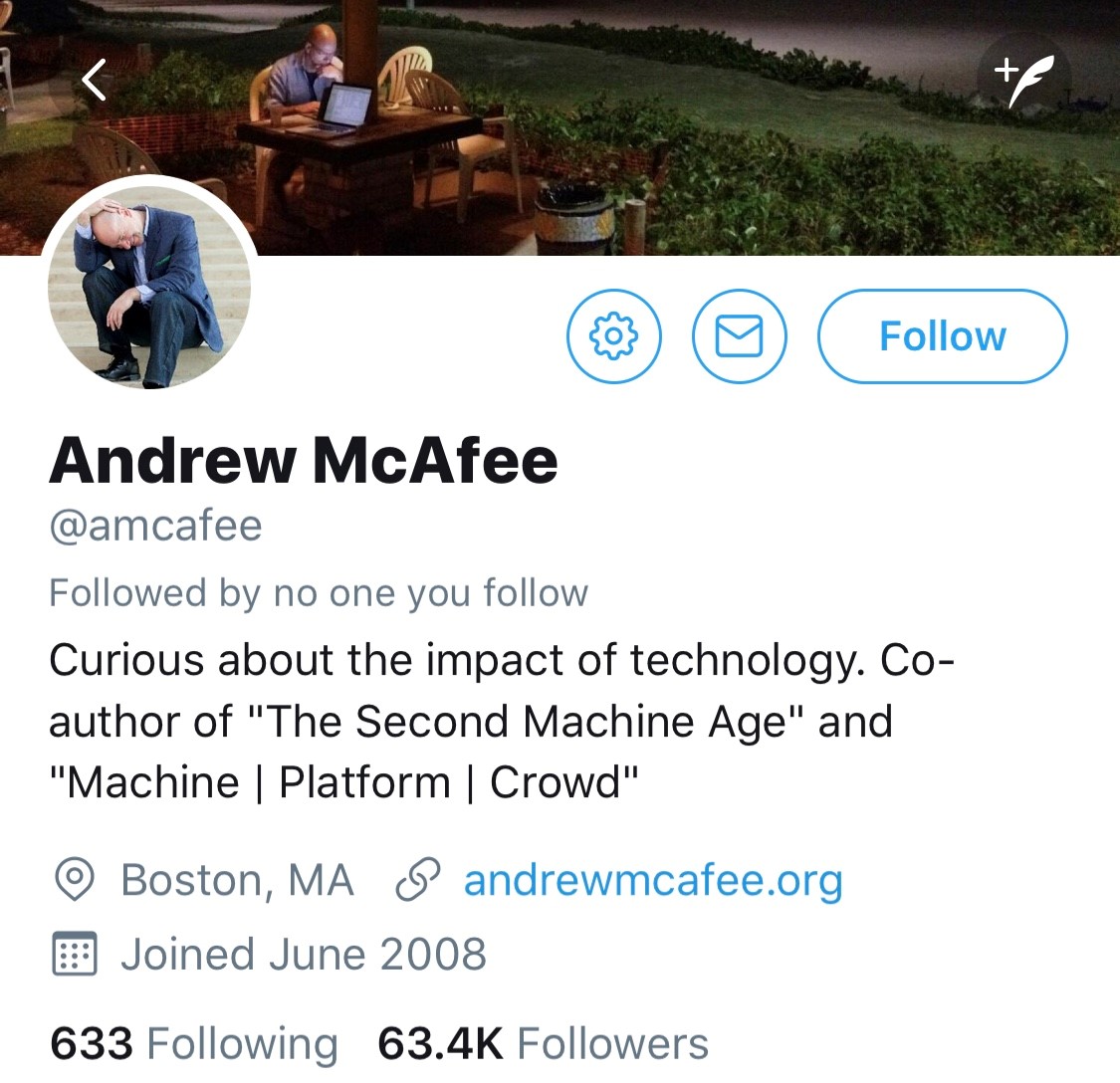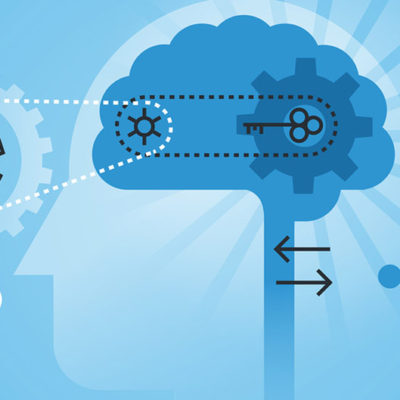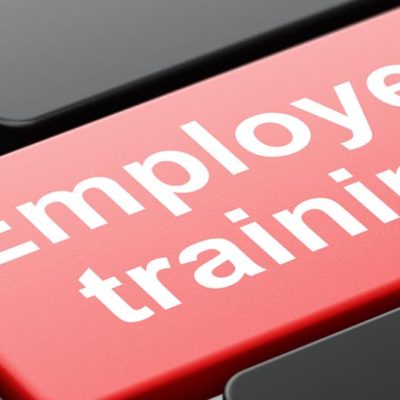A new World Economic Forum review report has recently considered what the future of work will encompass. In this article, we discuss the results of that report and its implications to the learning and development world.
The Forum engages the foremost political, business and other leaders of society to shape global, regional and industry agendas. Its ideas are shared globally and help enhance the abilities of business leaders and us in L&D to create inroads for people development in a plethora of ways.
This latest report shows the top ten skillsets that will be required by thriving businesses in 2020. If we are able to link these skills with our business vision, we dovetail our efforts in a way that will make us attract, retain and maintain the best talent available to us.
Here are the top ten skillsets the report highlighted for 2020. We will then look at what this specifically means for us.
TOP 10 SKILLS
- Complex Problem Solving
- Critical Thinking
- Creativity
- People Management
- Co-ordinating with others
- Emotional Intelligence
- Judgement and Decision-making
- Service orientation
- Negotiation
- Cognitive flexibility
The key movements here since the last report in 2015 shows a higher reliance on people’s creativity skills. The skillsets of negotiation and flexibility have dropped down the listing, as machines and data-reading begin to make decisions for us.
Interestingly, the skill of active listening has dropped out of the list entirely, being replaced by Emotional Intelligence, the all-encompassing skill that has proved itself to be more influential than IQ in predicting the success of people in industry.
Naturally, the type of industry you are in will dictate the pace of change and effect of these skills. Banking and investment segments will take longer to manifest the influence of these skills. But, as the report shows, change won’t wait for us, and we need to be clear about the up-skilling we will require within our businesses to drive productivity and benefit from what will be the key drivers in the next decade.
What do these top 10 skills mean for us in the age of machinery? How can L&D work with these skills and make them enhance our businesses? Here are some thoughts:
1) Tap into the creative potential of our current team members
Fastcompany.com comes up with some ideas for utilising this key skill for future benefits:
- Set Unreasonable Expectations. The only way to encourage people to search for breakthrough ideas is by setting expectations that require breakthrough thinking.
- Stop Defining Yourself By Your Industry. …look at what other industries are doing to establish the thought-leadership that drives success and learn from them
- Create An Open Market For Talent. …establish protocols that attract the best people to come to you rather than your competitors
- Allow Low-risk Experiments. …establish opportunities for people to take viable risks and reward their initiative and creative thinking
Every person in your team offers you a blank sheet to work with in terms of their creativity. Become the manager or department that prospers through creative thinking, rather than blocking it because of the lack of risk-taking.
2) Encourage the collaboration of people by emphasising projects rather than jobs
The future of work will not entail people carrying out specific roles, following procedures and processes. It will encourage people to share their skills through managing, distributing and participating in projects.
This new paradigm will drive performance through innovation and ideas that will leave current thinking in the gutter on the road of old processes.
3) Build the working paradigm of Emotional Intelligence and Cognitive Flexibility
On the surface, these two skillsets seem to be at odds with each other, the emotional aspects of our work competing against our cognitive thought.
But that way of thinking IS the problem. The future workforce will work in collaboration with both sides of the brain, and all three components of the brain, acting in harmony.
Cognitive flexibility is the human ability to adapt the cognitive processing strategies to face new and unexpected conditions in the environment (Cañas, Quesada, Antolí and Fajardo). We will need this skill, along with high levels of EQ, to disseminate and circulate the ideas required to process the new ideologies of the next decade.
That, coupled with the high energies that EQ will provide, will create a new pattern of thinking, as we embrace new models in learning and development that will take us in a new direction, involving decision-making, problem-solving and innovative-thinking at a new level.
What will future jobs look like?
The report opens up so many opportunities for us to enhance our learning and development world.
Change and progress don’t always go hand-in-hand, but if we are to manage the new generation’s expectations and allow ourselves to drive, and be driven by, the enhancements that these new skillsets will provide for business, we will see the thriving of niche initiatives and welcome in the next industrial revolution with open arms.
Maybe the future really is bright!

Sean McPheat | 
CEO
The MTD Training Group
